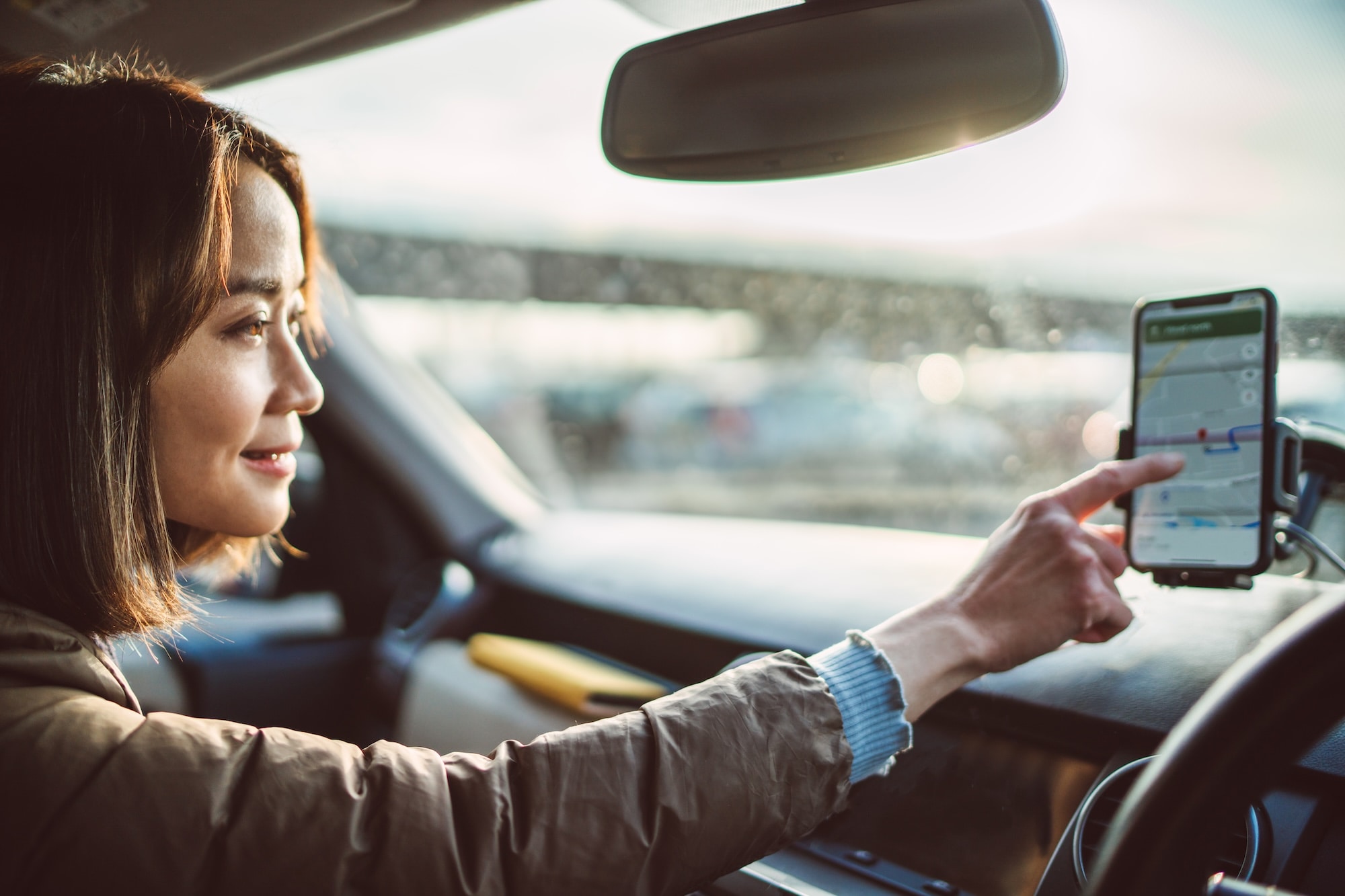Nokia’s innovations power connected cars

The automotive industry has undergone a dramatic transformation over the past two decades with cars becoming intelligent machines that connect drivers and passengers to the world around them. Nokia’s cellular and wireless LAN (WLAN) technologies have powered this shift from analogue to digital vehicles, enabling a wide range of features and benefits for both drivers and automakers.
The benefits of connectivity to drivers and automakers
Cellular networks provide the backbone for many in-car services enabling a safer and more enjoyable driving experience. These include navigation, emergency calls, over-the-air software updates, music streaming, plus features like advanced driver-assistance systems (ADAS), real-time traffic updates, and remote vehicle control. On top of this, WLAN enables local connectivity inside the car, allowing passengers to connect their devices and enjoy entertainment or work on the go. For automakers, connectivity unlocks (among other things) new revenue streams through subscription services, data-driven insights, and the development of innovative features. And for professional fleet management, connectivity enables enhanced safety features, optimized routes, and improved fuel efficiency, paving the way for a more sustainable and efficient future for commercial transportation.
At the forefront of automotive connectivity
Nokia has been at the forefront of automotive connectivity since the very beginning. We have 30 years of leadership in cellular standardization and an industry leading portfolio of Standard Essential Patents (SEPs) for cellular connectivity, spanning 2G, 3G, 4G and 5G mobile communications standards. And we also have a substantial portfolio of patents essential to the IEEE 802.11 WLAN standard. This is all built upon over €150 billion invested in cutting-edge R&D since 2000. And so, it is fair to say connected cars rely on our innovation.
Further progress with Chinese automakers
Our patented inventions are available for use in connected vehicles through our bilateral automotive licensing program which has been running since 2015, and via the Avanci licensing pool. In total, today we have around 60 automotive licensees globally. Every major Western automaker now holds a patent license to Nokia’s cellular technology, and we also have agreements with a number of automakers covering the use of our WLAN inventions.
Chinese automakers also increasingly recognize the importance of respecting our IPR. In April, we signed an industry first patent licensing agreement with a Chinese automaker covering the use of Nokia’s cellular and WLAN technologies in their vehicles. And this week, we concluded our second bilateral agreement with a leading Chinese automaker. Positive discussions continue with other Chinese companies, and we would like to thank our automotive licensees for respecting Nokia’s intellectual property and for their professionalism and collaborative approach. Amicable agreements reached via good faith negotiations are always our preferred outcome. Litigation is only ever a last resort. But companies who do not play by the rules should not have an unfair advantage over those who do.
Looking to the road ahead
Nokia continues to develop new advanced technologies that will enable even better wireless connectivity to benefit automated driving, telematics and other features in the future. Licensing our SEPs on fair, reasonable and non-discriminatory (FRAND) terms ensures that automakers have access to these essential technologies, while fostering a fair and sustainable ecosystem for the industry. And as a founding member of the 5G Automotive Association (5GAA), Nokia is working to accelerate the launch of new transportation solutions based on 5G.
A big thank you
I would like to take this opportunity to thank all the Nokia colleagues past and present who have contributed to the success of our automotive licensing activities over the past ten years. It has been a fantastic team effort and there are too many people to name but you know who you are!
I look forward to sharing more positive news about our automotive and IoT licensing in the months ahead.
